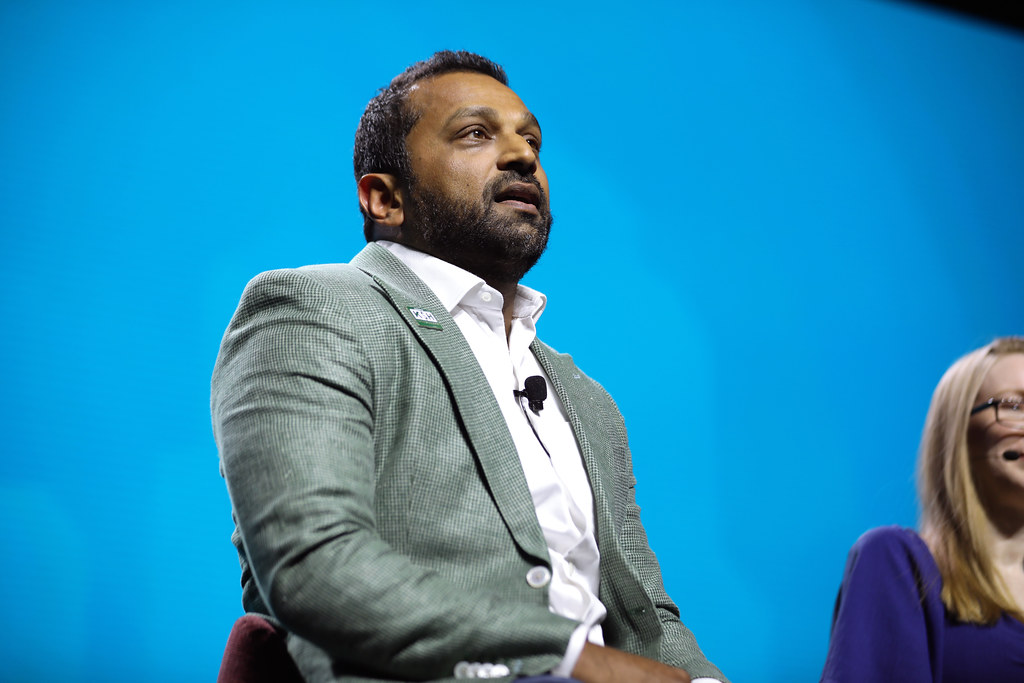On Dec. 12, President Biden announced a full and unconditional pardon for his son Hunter Biden for all crimes he “has committed or may have committed” over nearly the past 11 years. Hunter, who was convicted on three counts of federal gun charges and a separate count of tax evasion, received full blanket clemency for all crimes he may have committed over the time period.
To justify the pardon, which he repeatedly proclaimed he would not issue, Biden pointed to politically targeted prosecution, arguing that his son was “singled out” and “treated differently.” The Hunter Biden pardon, which has turned out to be wildly unpopular, may prove to be only the first of a slew of political pardons by the Biden administration, as the sitting president ponders preemptively pardoning a vast list of Trump’s political opponents. Preemptive pardons and the pardoning of political allies subverts the rule of law, enables the abuse of power and erodes public trust in the justice system.
However, Biden’s fears of President-elect Trump retaliating against his political opponents through the justice system may have fair grounds. NPR found that since the beginning of Trump’s 2024 campaign, he has made over 100 threats to “prosecute or punish” perceived enemies. Trump accused Elizabeth Cheney — an anti-Trump, former Republican U.S. Representative — of treason and threatened to convene a televised military tribunal to prosecute her and other traitors.
He also proclaimed that he would hire a special prosecutor to “go after … the entire Biden crime family.” Trump has repeatedly argued that Kamala Harris ought to be impeached and prosecuted. Perhaps even more significant than threats, an analysis found that Trump pressured the Department of Justice to investigate political opponents over a dozen times in his first term.
Trump’s appointee for director of the FBI, Kash Patel, “has broadly vowed to retaliate against Trump’s enemies during a second stint in the White House …”not just in government but in the media.’” In Patel’s 2023 book, “Government Gangster,” he defined a list of 60 “Deep State” actors that would threaten a Trump presidency and urged the Trump administration to deal with them “criminally or civilly.” The list includes key government figures like FBI director Christopher Wray, Attorney General Merrick Garland and California Senator Adam Schiff, as well as less instrumental figures like Stephen A. Boyd, an assistant attorney general.
Yet, even in the face of what may become an autocratic abuse of power by Trump in his second term, preemptive pardons would further undermine the justice system that Trump would deign to attack. By granting pardons before trials conclude, or even before charges are brought, Biden would essentially circumvent the judicial process as a whole.
For the better part of the 2024 campaign, Biden preached about the “rule of law,” arguing that a Supreme Court ruling granting Trump presidential immunity set a dangerous precedent of declaring people above the law. For Biden to then turn and issue pardons to political allies would be more than hypocrisy — it would be a vote of no confidence in the justice system.
It would require a massive sink of resources for Trump to carry out his threats and launch investigations into his lengthy list of political enemies, all of whom would be afforded the right to fight baseless charges in court. Blanket pardons would not only short-circuit this entire legal process, but they would also send a message as to the foregone conclusion of the legal process. If Biden were to issue a preemptive pardon for his allies, it would imply his assumption that those allies would be found guilty if prosecuted during Trump’s presidency. In doing so, the pardon would also turn into a political weapon for the Trump administration.
Presidents have used the pardon as a means of political protection in the past. Most notably, Gerald Ford’s decision to preemptively pardon his predecessor Richard Nixon for the Watergate scandal caused public uproar as it was seen as sparing Nixon from the axe of justice, revealing the president as a man above the law. Trump’s 2017 pardon of Arizona Sheriff Joe Arapio, who was convicted of criminal contempt for defying a court order to halt his practice of racial profiling, sparked outrage because it undermined public confidence in the fairness of the legal system. Trump has pardoned numerous allies including Roger Stone, Micheal Flynn, Steve Bannon and his son-in-law’s father, Charles Kushner.
Yet, Biden’s pardons would be especially hypocritical given his lip service in favor of the rule of law. If Biden were to issue preemptive pardons at the scale necessary to protect all of Trump’s political enemies, it would set a dangerous precedent of rewarding political loyalty with legal immunity. Furthermore, the blanket pardon may end up shielding its recipients from crimes they actually committed instead of solely political persecution. Rather than stoop to the level of his sworn opponent, Biden forcing his political supporters to fight each case on its merits would be a powerful vote of confidence in the justice system and American ideals.
The preemptive pardon, by nature, bypasses the determination of guilt, and is therefore soundly anti-American. Biden must assert his values and refuse to issue pardons to political allies.


























